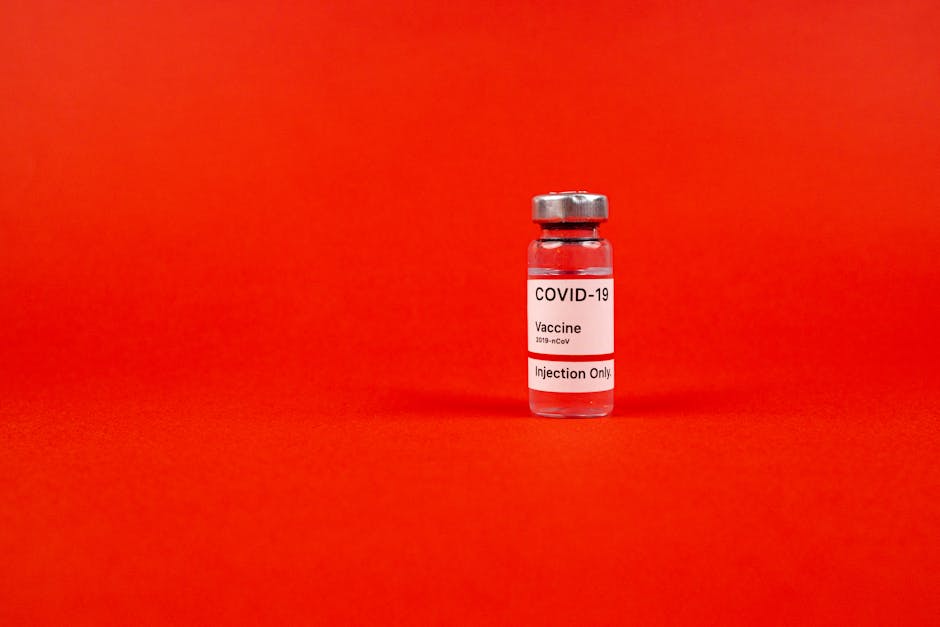Background and Context
The leadership of Robert F. Kennedy Jr. at the Department of Health and Human Services (HHS) has sparked significant controversy and concern among public health officials and lawmakers. Recently, nine former directors of the Centers for Disease Control and Prevention (CDC) penned an op-ed for the New York Times, expressing alarm over Kennedy's decisions and their potential impact on public health.
The Op-Ed and Its Significance
The op-ed, signed by nine former CDC directors, described Kennedy's leadership at HHS as 'unlike anything our country has ever experienced' and 'unacceptable.' The former officials warned that Kennedy's actions 'should alarm every American, regardless of political leanings.' This strong statement reflects deep concerns about the direction of public health policy under Kennedy's leadership.
Reactions from Lawmakers and Public Health Officials
Senator Bernie Sanders has called for Kennedy's resignation, citing the need to 'rally the American people' against what he sees as a threat to public health. Sanders emphasized that vaccines work and save millions of lives, implying that Kennedy's policies on vaccines are misguided and dangerous.
Expert Opinions and Warnings
Dr. Demetre Daskalakis, a former director of the CDC's Center for Immunization and Respiratory Diseases, resigned last week and subsequently warned that he 'only sees harm coming' from Kennedy's policies. Daskalakis, who took the Hippocratic oath as a doctor, expressed concern that Kennedy's leadership aims to 'undo vaccination efforts.'
Impact on Public Health Policy and Perception
Kennedy's tenure at HHS has been marked by significant controversy, including the firing of CDC Director Susan Monarez and the installation of new members to the Advisory Committee on Immunization Practices. These actions have led to concerns about the politicization of public health and the potential erosion of trust in vaccination efforts.
Bipartisan Criticism
The criticism of Kennedy's leadership has not been limited to Democrats. A bipartisan group of former CDC directors described his leadership as 'dangerous' and warned that it could have long-term consequences for public health.
Conclusion and Implications
The controversy surrounding Kennedy's leadership at HHS raises important questions about the intersection of politics and public health. As the nation grapples with pressing health challenges, the role of scientific evidence and expert opinion in policymaking has never been more critical. The concerns expressed by lawmakers, public health officials, and former CDC directors highlight the need for a careful examination of Kennedy's policies and their potential impact on public health.
